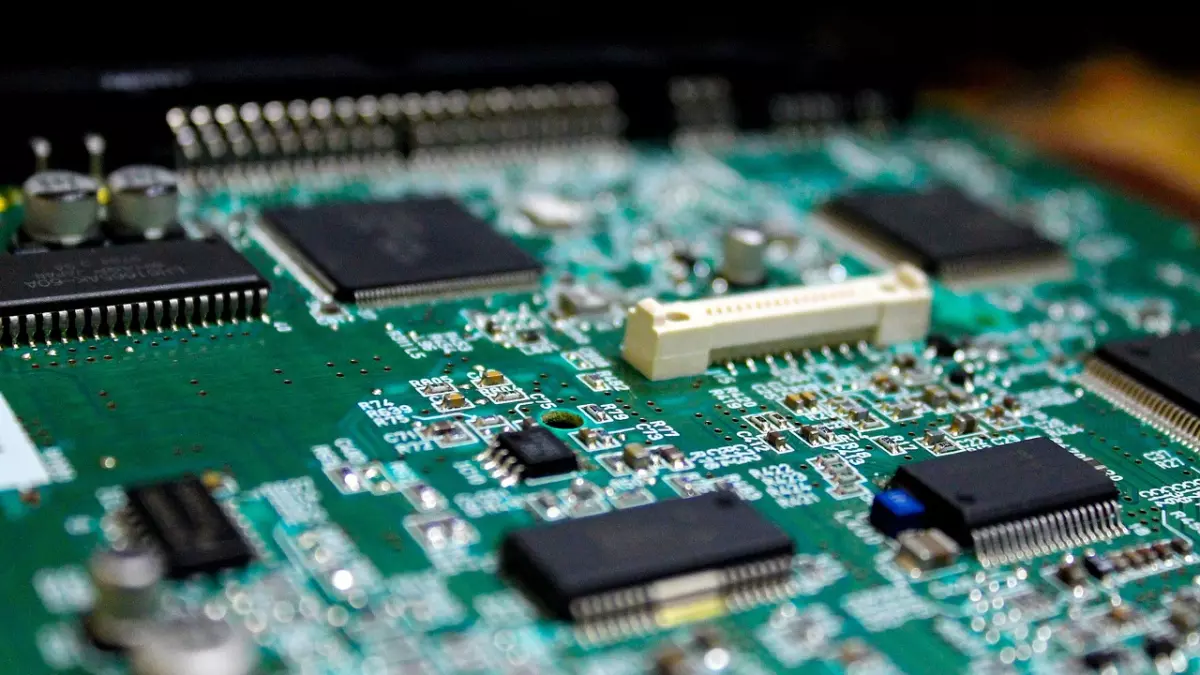Semiconductor Surge
Is the semiconductor boom the secret sauce behind tech stocks' success? With the world increasingly reliant on chips, tech companies are cashing in big time. But what's driving this surge, and how long can it last?

By Nina Schmidt
Semiconductors are the unsung heroes of the modern world. From your smartphone to your car, these tiny chips power nearly every piece of technology we use daily. And guess what? Tech stocks are riding this wave like pros. But why are semiconductors so crucial to the stock market, and what does the future hold for this booming sector?
First off, let's talk about demand. The global semiconductor market has exploded, driven by everything from 5G networks to electric vehicles (EVs) and artificial intelligence (AI). The pandemic only accelerated this trend, as remote work and digital transformation skyrocketed, pushing the need for more powerful and efficient chips. Tech companies that rely on semiconductors—think Apple, Nvidia, and AMD—have seen their stock prices soar as a result.
But it's not just about demand. Supply chain disruptions have also played a role. The global chip shortage that started in 2020 created a bottleneck, making semiconductors a rare and valuable commodity. Companies that could secure a steady supply of chips found themselves in a strong position, while others struggled to keep up. This supply-demand imbalance has made semiconductor stocks particularly attractive to investors.
So, what financial metrics should you be watching? Revenue growth is a big one. Companies that manufacture or rely heavily on semiconductors have seen impressive revenue spikes. For instance, Nvidia's revenue surged by over 50% in recent quarters, thanks to its dominance in the AI and gaming sectors. Gross margins are another key metric. Semiconductor companies often operate with high margins, especially if they have proprietary technology or a strong market position.
Another trend to watch is capital expenditure (CapEx). Semiconductor manufacturing is capital-intensive, requiring billions of dollars in investment for research, development, and production facilities. Companies like Intel and TSMC (Taiwan Semiconductor Manufacturing Company) are pouring massive amounts of money into expanding their production capacity. This CapEx spending is a double-edged sword—it can lead to future growth, but it also puts pressure on short-term profitability.
Now, let's talk about market trends. One of the most significant is the shift toward advanced chip technologies. Moore's Law, which predicted that the number of transistors on a chip would double every two years, is slowing down. But that doesn't mean innovation has stopped. In fact, companies are now focusing on specialized chips for specific applications, like AI accelerators or chips designed for autonomous vehicles. This specialization is driving new growth opportunities for tech stocks.
Another trend is the geopolitical landscape. The U.S.-China tech rivalry has put semiconductors at the center of a global power struggle. The U.S. has imposed export restrictions on advanced chips, while China is ramping up its domestic semiconductor production. This geopolitical tension adds another layer of complexity to the semiconductor market, making it a critical factor for investors to watch.
So, where does this leave tech stocks? In a pretty strong position, actually. As long as demand for semiconductors continues to grow—and it shows no signs of slowing down—tech companies that rely on these chips will likely see their stock prices remain robust. However, investors should keep an eye on supply chain issues, CapEx spending, and geopolitical risks, as these factors could impact future performance.
In conclusion, the semiconductor boom is far from over, and tech stocks are reaping the benefits. But as with any market, there are risks to consider. So, the next time you're eyeing a tech stock, ask yourself: How much of its success is tied to the semiconductor surge?





